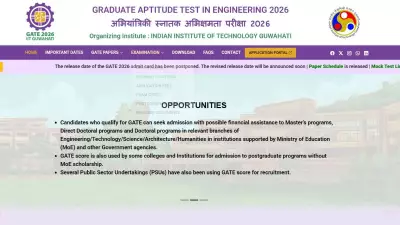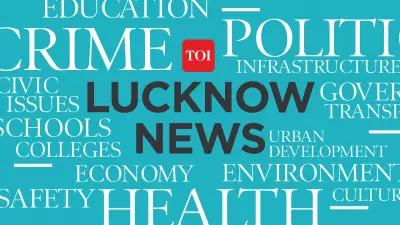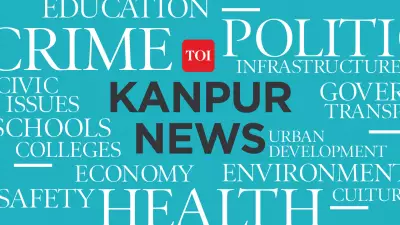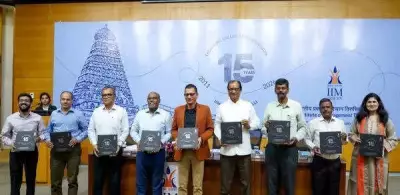
In a landmark move that promises to reshape India's higher education landscape, the Parliament is set to introduce the Higher Education Commission of India (HECI) Bill in 2025. This revolutionary legislation aims to establish a single, unified regulator for higher education, replacing the existing multiple regulatory bodies that have governed the sector for decades.
The End of Multiple Regulators: What HECI Bill 2025 Changes
The HECI Bill 2025 will effectively replace three major regulatory bodies - the University Grants Commission (UGC), the All India Council for Technical Education (AICTE), and the National Council for Teacher Education (NCTE). This consolidation marks one of the most significant reforms in Indian higher education since independence, creating a streamlined regulatory framework that eliminates overlapping jurisdictions and conflicting regulations.
The new Higher Education Commission of India will serve as the single apex body overseeing all aspects of higher education across the country. This move addresses long-standing complaints from educational institutions about having to navigate multiple regulatory agencies with different requirements and standards. The unified approach is expected to reduce bureaucratic hurdles and create a more coherent policy environment.
Key Features and Implementation Timeline
According to the proposed legislation, the HECI Bill 2025 will be introduced in Parliament during the upcoming session. The bill has been in development for several years, with previous versions discussed in 2018 and 2021, but the 2025 version represents the finalized framework that has gained political consensus.
The primary objective of the new regulatory structure is to enhance academic quality while reducing unnecessary regulatory burden. The HECI will focus on setting and maintaining educational standards, promoting research and innovation, and ensuring that Indian higher education remains globally competitive. Unlike the current system where different bodies handle different aspects of education, the single regulator will provide comprehensive oversight.
One of the most significant changes involves the separation of academic regulation from funding activities. While the HECI will handle academic standards and quality assurance, funding responsibilities might be assigned to a separate body or mechanism, ensuring clearer demarcation of functions and reducing potential conflicts of interest.
Implications for Students and Educational Institutions
For students across India, the HECI Bill 2025 promises a more streamlined and transparent educational ecosystem. The single regulator system is expected to create greater consistency in academic standards, making it easier for students to transfer credits between institutions and ensuring that qualifications maintain uniform value across the country.
Educational institutions, particularly universities and colleges, stand to benefit significantly from the reduced regulatory complexity. Instead of dealing with multiple regulatory bodies, institutions will now have a single point of contact for all regulatory matters. This is expected to speed up approval processes for new courses, reduce compliance costs, and allow institutions to focus more on academic excellence rather than bureaucratic navigation.
The new system also aims to promote autonomy among higher educational institutions while maintaining accountability. By reducing micromanagement and focusing on outcome-based regulation, the HECI framework intends to encourage innovation and excellence in teaching and research.
For technical education and teacher education specifically, the integration into a single regulatory framework addresses the artificial separation that has often hindered interdisciplinary approaches. Institutions offering diverse programs will no longer need to satisfy different regulatory bodies with potentially conflicting requirements.
The Road Ahead for Indian Higher Education
The introduction of HECI Bill 2025 represents the culmination of years of discussion and debate about reforming India's higher education regulatory system. The move aligns with the National Education Policy 2020's vision of creating a more flexible, multidisciplinary, and quality-focused higher education ecosystem.
This reform comes at a crucial time when Indian higher education seeks to enhance its global standing and better serve the needs of a rapidly evolving economy. By eliminating regulatory fragmentation, the new system aims to make Indian degrees more internationally recognizable and valuable.
The transition from multiple regulators to a single unified body will require careful planning and phased implementation. Existing regulations and approvals granted by UGC, AICTE, and NCTE will need to be seamlessly transferred to the new HECI framework to ensure continuity and avoid disruption to ongoing academic activities.
As Parliament prepares to debate and potentially pass this landmark legislation in 2025, the entire education sector watches with anticipation. The success of this reform could determine the trajectory of Indian higher education for decades to come, potentially making it more responsive, efficient, and quality-driven in serving the aspirations of India's youth.





